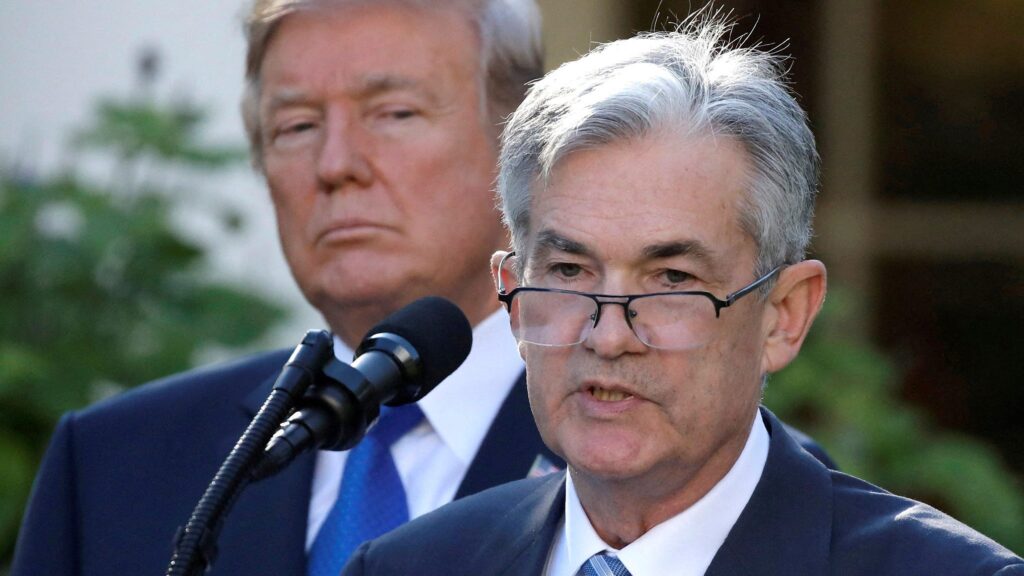The Trump administration’s efforts to broaden its authority to terminate employees have raised questions about the extent of this power, particularly in relation to the head of the Federal Reserve Board. Despite firing members of key boards overseeing worker complaints, the administration faces legal challenges asserting that existing job protections are unconstitutional. The administration’s move to involve the Supreme Court in the matter has sparked concerns about the potential risks to the Federal Reserve Board’s leadership, who also enjoy similar protections.
President Trump’s contentious relationship with Federal Reserve Chair Jerome Powell adds complexity to the situation. Trump’s public criticisms of Powell have oscillated between calls for termination and subsequent market reactions, highlighting the delicate balance in such high-stakes decisions. The administration’s argument for executive accountability emphasizes the president’s need to oversee entities wielding executive power, a principle central to the ongoing legal debate.
During the court proceedings, the distinction between the Federal Reserve and other boards under Trump’s purview was scrutinized, with the core function of the Fed, particularly in monetary policy, posing a unique constitutional conundrum. The debate over centralized power and executive accountability, as encapsulated in Project 2025, underscores the fundamental principles at stake in this legal battle. Ultimately, the outcome of this case has far-reaching implications for the balance of power between the executive branch and independent agencies, shaping the contours of governance and accountability in the federal government.

